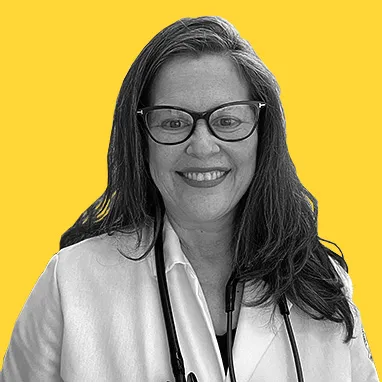If you’ve recently been diagnosed with cancer, you might be wondering when and how to break the news to your friends and family. There’s no right way to go about it. You’ll need to do what feels right for you. You may want to share less information with certain people and tell some at different times and in different ways. There may be people you don’t tell at all, and that’s OK, too. Before telling family and friends, you may want to:
Make a Plan
Consider making a list of people. You may want to order the list by those you think need to know first, and the ones likely to be most supportive. Think about if and when you want to tell people who aren’t as close to you, such as distant relatives, acquaintances, or co-workers.
You may also not want to have the conversation over and over. It’s OK to email some people or have another person, such as a spouse, share your information. You can even put updates about your health on a website such as Caringbridge and direct people there.
People may be shocked and feel sad or upset when they learn about your diagnosis. It’s helpful to think about what you’d like to say in advance so you can prepare yourself for their reactions. You’ll also want to think about what they may ask. Before you talk, consider:
- How much do I want to tell them? You may not want to share everything your doctor has told you. In that case, it can be helpful to prepare an answer like, “I’m not ready to talk about that right now,” or “I’d rather not say.”
- How can they help? Many people will ask you how they can support you during your cancer journey. You may not want their help, and it’s all right to say that. But if you do need emotional support or logistical help (like meals for your family or rides to the doctor’s office), let them know.
- Do I want them to share my news with other people? It’s normal to not want everyone to know what you’re going through. When you tell people you have cancer, let them know if you want them to share the information with anyone or not.
Talk About Your Feelings
Be honest about your emotions, especially with close friends and family. Acting cheerful or resilient when you’re not actually feeling that way can be draining. Simply sharing that you have fear, anxiety, stress, and anger may help ease those feelings.
If you don’t have a support network of friends or family, or really don’t want to share with anyone you know personally, considering meeting with a cancer support group. You may want to do so even if you have a good support network. Hearing from others who are going through the same thing can help you feel better. You may also get new ideas for dealing with your illness. The American Cancer Society has support groups and resources that can help.
Put Your Needs First
Even well-meaning people may say things that seem hurtful or offensive. They may bring their religion into the conversation, share stories about other people’s cancer that you don’t want to hear, or offer unwanted advice about your treatment plan. Dealing with a cancer diagnosis is already stressful. It’s important to protect yourself emotionally. Don’t be afraid to say, “I can’t talk about that right now” or “That isn’t helpful.” You can even say, “I’m tired of talking about cancer. Can we change the subject?” You’re not always going to want to talk about cancer, and you shouldn’t have to.
Don’t Hide Cancer From Kids
It can be especially hard for a child to hear that you have cancer, even if you’re not their parent. They may hear the word ‘cancer’ and fear the worst. That’s not a reason not to tell them what you’re going through. Hiding or minimizing your illness can make kids more scared than they would be if you were honest with them.
When you’re ready to tell them, find a quiet place to talk. You may want to bring another adult (like your spouse) to help you with the conversation. Younger children under the age of 8 may be able to handle only very basic information. Children 9 and up may have more questions. No matter what the child’s age, try to stick to the facts. Tell the child the name of the cancer you have and the body parts it affects. You can share how it’s going to be treated. The child will also want to know how they’ll be affected. It’s OK to explain that some things will change. Reassure them that you love them and that cancer won’t change that.
Check in with your kids regularly to see how they’re doing. If you’re worried about how they’re managing, reach out to your pediatrician, a social worker, or another mental health professional.
